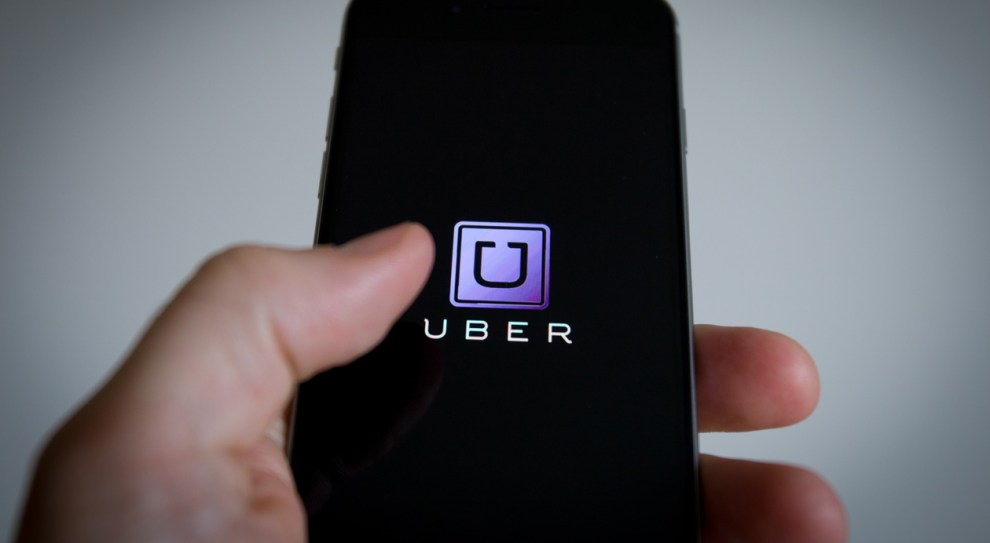
Jaap Arriens/NurPhoto via ZUMA
The LA Times reports that Uber is having a lot of trouble finding a new CEO:
As the company’s board inches ahead in its search for a new chief executive to run the embattled ride-hailing company, candidates are dropping out before they’ve even met with every board member….“They’re trying to hire someone for two very different roles,” said Bradley Tusk, an early investor in Uber who is not involved with the board’s CEO search.
The company needs a leader who can implement the recommendations of a report by former U.S. Atty. Gen. Eric H. Holder Jr. to change Uber’s culture of bullying and harassment, secure deals and eventually lead the firm to an initial public offering….On top of that, Tusk said, the incoming CEO must fill the void that Kalanick supporters believe he left — that of a tenacious visionary who can help Uber grow into a company that competes with the likes of Apple, Google, and Amazon.
OK, sure, that might be part of the reason. But I think there’s another possibility: Uber’s business model depends on cheap, subsidized rides. That means Uber also needs a third kind of leader: someone who can prevent the company from imploding when they stop the subsidies and Uber’s customers face a big price increase.
I’ve always been sort of puzzled by the idolization of Uber. The problem it faces is one of the most common in the tech industry: once you’ve spent a ton of money to buy eyeballs (or riders), how do you then leverage that into something profitable? Facebook did it. Twitter (so far) hasn’t. So will Uber be another Facebook or another Twitter? What’s the story they’re telling investors about why they’ll be one vs. the other?
In any case, as near as I can tell they’ve basically admitted that their business model is unsustainable. That’s why they’re betting the company on driverless cars. But if you want to run (or invest in) a driverless car company, would Uber really be your first choice? I’m not sure why. Nor am I sure that Uber can keep those subsidies going long enough to get to the promised land. Driverless cars are coming, but they’re still several years away. It’s all very strange.













